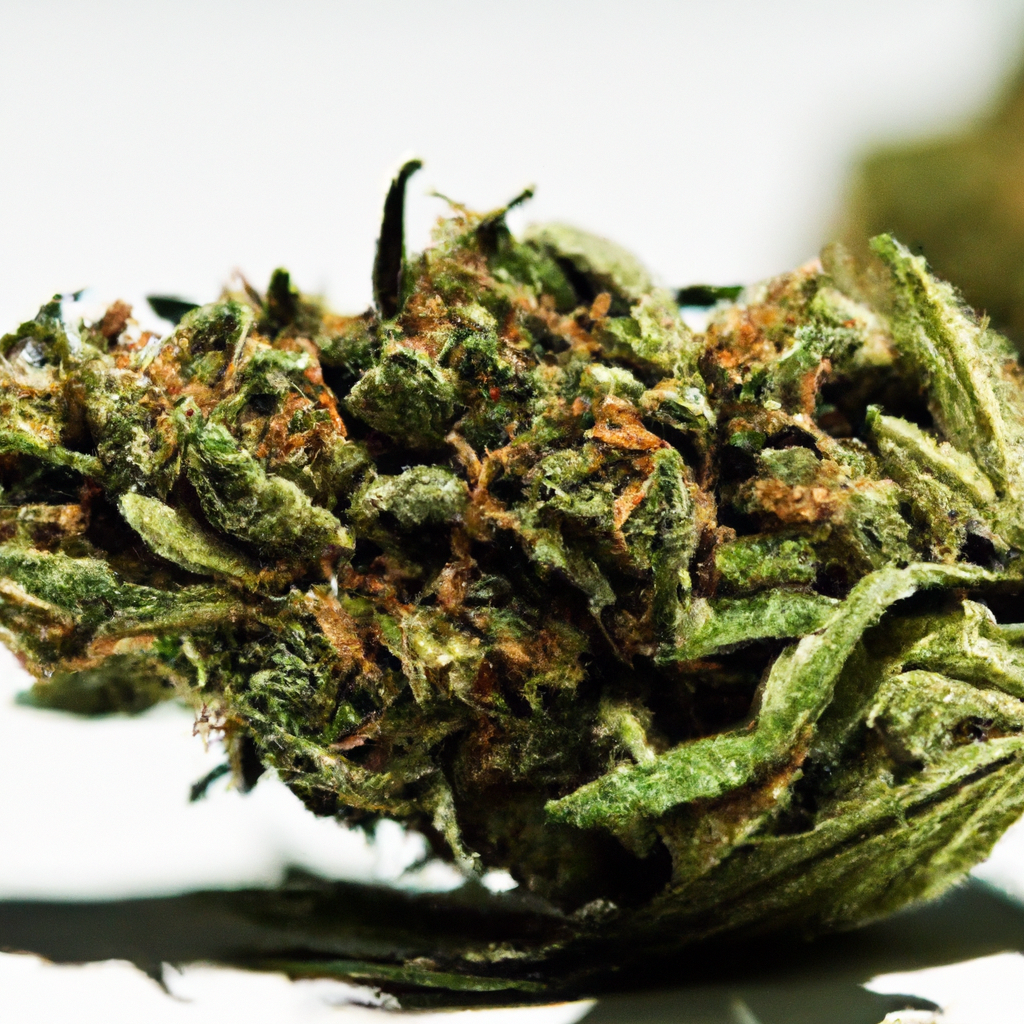Your cart is currently empty!
The journey of cannabis legalization is a complex and dynamic story interwoven with cultural, political, and societal changes. Understanding this progression provides valuable insights into current legal landscapes, the ongoing policy debates, and the potential future direction of cannabis laws around the world.
A Brief History
Cannabis has been used for thousands of years, with its history dating back to ancient civilizations in Central Asia. Initially embraced as a medicinal and recreational plant, its legality evolved through various phases, influenced significantly by social and political climate changes. From ancient medicinal practices to colonial-era trade, to the eventual criminalization in the 20th century, cannabis has a rich and varied past.
Mid-20th Century Prohibition
The 20th century witnessed a significant shift in cannabis laws, primarily driven by prohibition movements. By the 1930s, cannabis became subject to strict laws in many countries, notably with the Marihuana Tax Act in the United States in 1937. This period marked a turning point as negative propaganda and associations with social deviance began to dominate public perception.
The Shift Towards Legalization
- Medical Cannabis Renaissance: The late 20th century saw a renewed interest in the medicinal properties of cannabis. California paved the way with its Compassionate Use Act in 1996, permitting medical cannabis use, which significantly altered the legal landscape.
- Recreational Use and Decriminalization: In recent decades, several states and countries have decriminalized or outright legalized cannabis for recreational purposes. As of 2012, Colorado and Washington led this wave, leveraging shifts in public opinion towards viewing cannabis as a regulated and taxable substance.
- Global Movement: Many countries across Europe, Latin America, and Africa have followed suit, each with its own unique model reflecting cultural and political differences.
Challenges and Future Perspectives
Despite widespread support for legalization, numerous challenges remain, including navigating the regulatory complexities, addressing social equity, and banking restrictions in jurisdictions where cannabis remains federally illegal. The future of cannabis legalization promises continued debates around safety, societal impact, and economic potential.
Conclusion
Understanding the history of cannabis legalization helps contextualize its current status and anticipate future legal and cultural shifts. As societies continue to adapt, the cannabis legalization journey will remain a dynamic and evolving narrative with profound implications for policy, industry, and cultural norms.


Leave a Reply